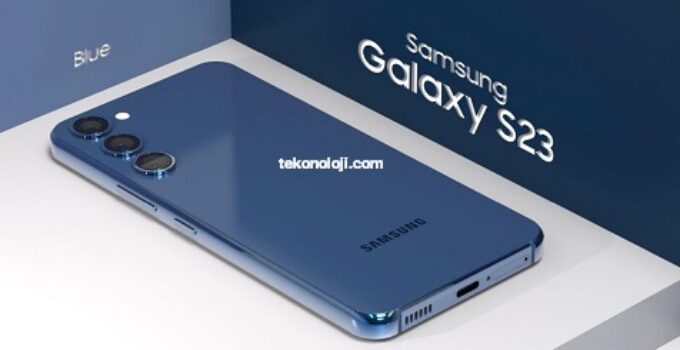Galaxy S23, up to 60 GB are occupied as standard. According to ArsTechnica in Samsung’s new Galaxy S23 about 60 GB are occupied by the operating system plus a large amount of junk software, crapware or bloatware in jargon.
Beats Fit Pro, new colors are coming
Google indicates Android as a lightweight system, suitable for use with various types of hardware, but smartphone manufacturers are doing everything to frustrate Big G’s efforts, proposing systems that offer bloatware of all types as standard, in other words configurations of very large dimensions or including apps without first asking the user whether or not he intends to install them.
Ars Technica reports that in the new Samsung Galay S23 phones the standard installed system takes up a good 60GB of storage space, so by purchasing a 128GB model, half of the storage space is practically already lost for the stock apps. The occupied space in question is four times greater than that required by the Pixel 7 Pro (15 GB) and is practically the same required by a clean installation of Windows 11.

What takes up all this space, ArsTechnica wonders, stressing the dose, remembering that Samsung is known for a “gross” software division that churns out apps of questionable quality. Furthermore, the South Korean company wants to make its devices seem like something unrelated to the Google ecosystem, and to do this, it offers clones of Big G apps as standard.
Samsung has a contractual obligation to include Google software with its devices, and therefore users end up with similar apps from both Google and Samsung on their phones. Not only apps but also two separate stores, two voice assistants, two apps for sending messages, two types of keyboards, two browsers and so on…

Compared to devices offered by Apple or directly by Google, Samsung offers third-party developers the possibility (for a fee) to install various standard apps such as Netflix, Microsoft Office, Spotify, Linkedin and so on.
The crapware or bloatware problem also affects many PC manufacturers who continue to ship useless software, demos and other unnecessary add-on programs as standard. These are not used by the majority of users and still use resources offering little or no benefit to users in return.



